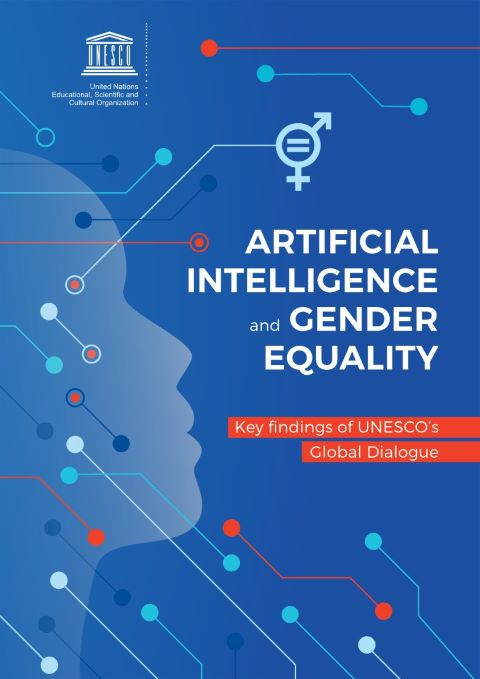
GCED Basic Search Form
Quick Search
Usted está aquí
Resources

The purpose of the UNESCO’s Dialogue on Gender Equality and AI was to identify issues, challenges, and good practices to help:
- Overcome the built-in gender biases found in AI devices, data sets and algorithms;
- Improve the global representation of women in technical roles and in boardrooms in the technology sector; and
- Create robust and gender-inclusive AI principles, guidelines and codes of ethics within the industry.
This Summary Report sets forth proposed elements of a Framework on Gender Equality and AI for further consideration, discussion and elaboration amongst various stakeholders. It reflects experts’ inputs to the UNESCO Dialogue on Gender Equality and AI, as well as additional research and analysis. This is not a comprehensive exploration of the complexities of the AI ecosystem in all its manifestations and all its intersections with gender equality. Rather, this is a starting point for conversation and action and has a particular focus on the private sector.
It argues for the need to
1. Establish a whole society view and mapping of the broader goals we seek to achieve in terms of gender equality;
2. Generate an understanding of AI Ethics Principles and how to position gender equality within them;
3. Reflect on possible approaches for operationalizing AI and Gender Equality Principles;
and
4. Identify and develop a funded multi-stakeholder action plan and coalition as a critical next step.
